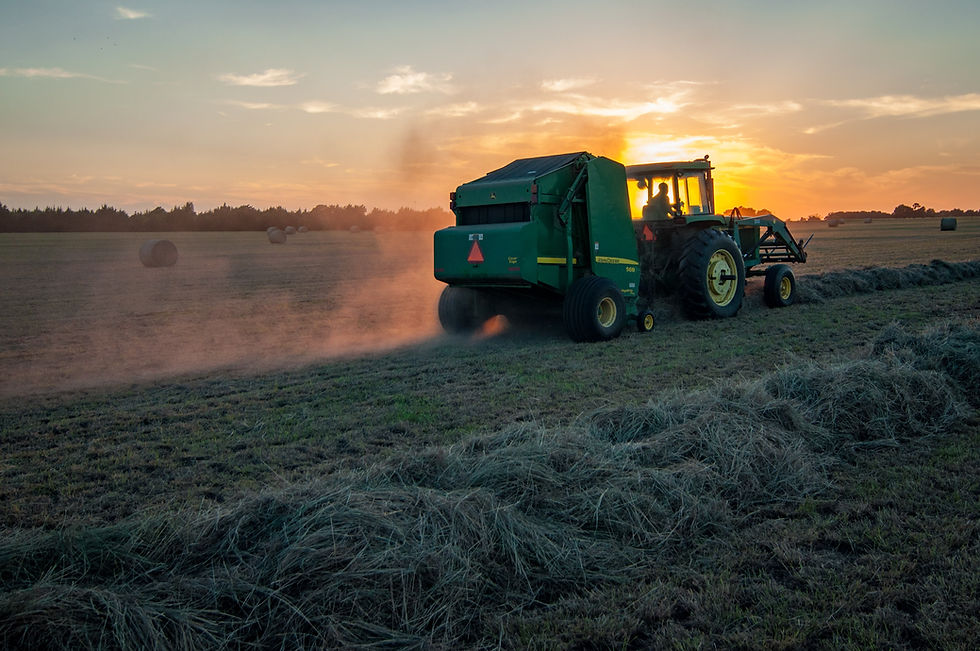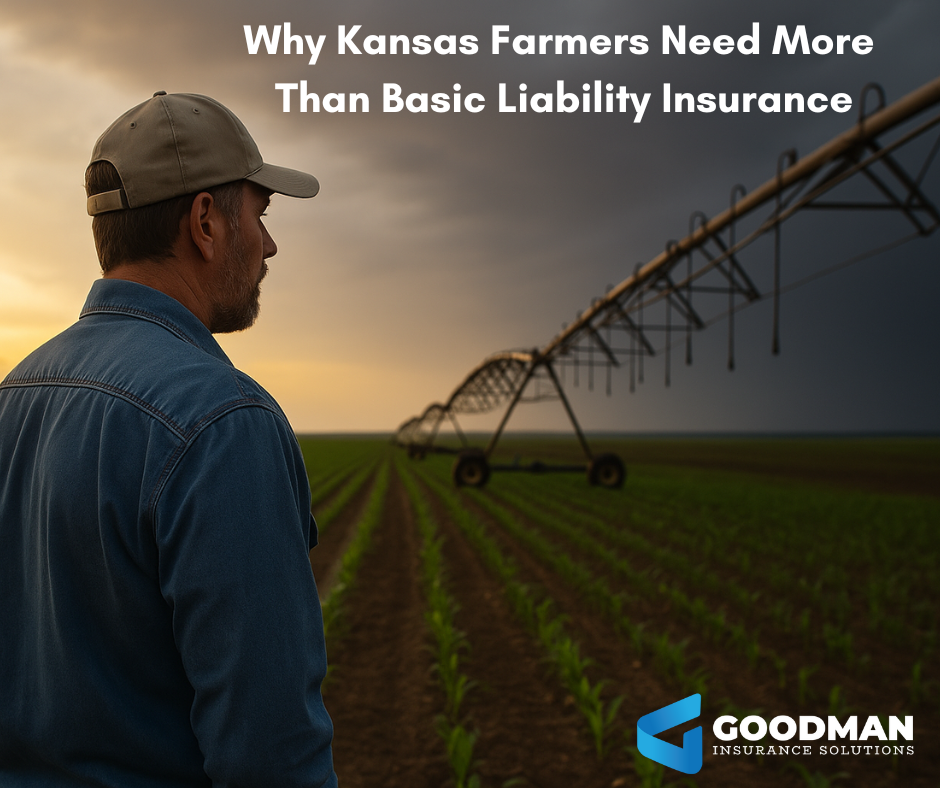What is a lienholder/mortgagee in Kansas?
- Michael Goodman

- Apr 27, 2022
- 2 min read
Updated: Aug 8, 2025
If you’ve ever bought a home, vehicle, or other big-ticket item, you probably dealt with a lienholder or mortgagee — even if you didn’t know it at the time. These terms might sound like legal jargon, but they’re actually pretty simple. Let’s break it down.
Purchasing Property: Cash or Financing
When you buy property — whether it’s a Kansas home, a truck, or a tractor — you either:
Pay in full with your own funds, or
Borrow money from a financial institution to finance the purchase.
Most people put some money down and finance the rest. The financing agreement outlines how many months you’ll pay, the interest rate, and any other conditions.
Mortgagee vs. Lienholder
Mortgagee: The lender on a real estate purchase (usually a bank). Example: When you buy a home in Dodge City with a loan from First National Bank, the bank is the mortgagee.
Lienholder: The lender on a vehicle or other non-real estate purchase. Example: If you buy a truck in Garden City and finance it through your credit union, the credit union is the lienholder.
What Does This Have to Do With Insurance?
When you finance a home or vehicle in Kansas, your lender will require you to carry insurance until the loan is paid off.
The lender must be listed on your policy as the mortgagee (for homes) or lienholder (for vehicles).
Your insurance company sends proof of insurance to your lender, showing they’re listed.
This protects the lender’s investment if your property is damaged, destroyed, or stolen.
Once your loan is paid off, the lender is removed from your policy — and you’re no longer required to list them.
Why It Matters to You
Listing the correct lienholder or mortgagee ensures:
Your lender gets proof of insurance automatically.
Claims are processed correctly (especially for total losses).
You avoid headaches like forced-placed insurance (which is often more expensive and offers less coverage).
Bottom Line
Lienholders and mortgagees aren’t just legal terms — they’re part of protecting your lender’s investment until your property is truly yours.
If you’re financing a home, vehicle, or farm equipment in Kansas and want to make sure your insurance is set up correctly, call or text 620-531-0261. We’ll make sure your policy meets lender requirements and protects you, too.


Mike Goodman, Agent
620-531-0261
Mike@goodmaninsurancesolutions.com









Comments